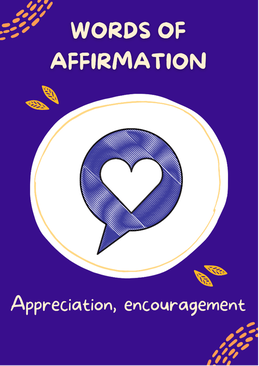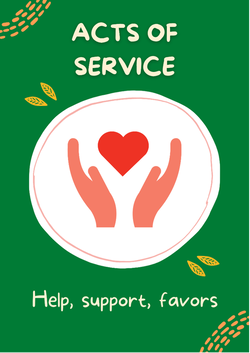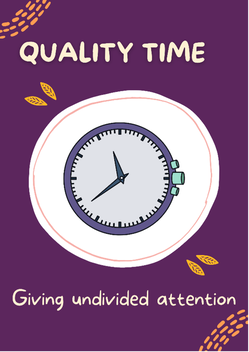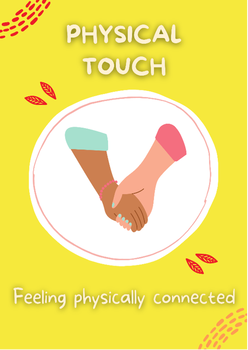|
Have you ever heard of the book called "Five Love Languages" by Dr. Gary Chapman?
This book discusses the connection between the different forms of expressing love and affection depending on personality types. Chapman, (2005) describes the ways we feel loved and appreciated in our daily relationships. Just like some of us may speak English, some Finnish or some French, everyone has one or two ways in which they feel, understand and express love in the most natural manner hence, making that primary way their love language. As said, depending on a personality type, but also highly influenced by culture, our partner may have a different principal love language than us. When partners speak different love languages, there is a high chance of one or both partners feeling unsatisfied, not loved or not appreciated by the other due to this disconnection of languages. Frankly, it is another type of a language barrier. Examples: “Why do you need me to tell you again that I love you? I have told you many times. You should really start believing it!” “Why don’t you want to kiss me? Don’t you love me?” “If he really loved me, he would offer to go pick up that package from the mail I told him about.” “Why did you bring me flowers on a Wednesday? Is that your way of making up for not spending any time with me?” Just like communication styles, love languages need to be discovered, reflected on and communicated to others, or in this case to our partners. They can be a great tool for a more successful relationship, in which both partners feel appreciated and validated. According to Dr. Chapman, (2005), there are five love languages: Words of Affirmation, Acts of Service, Receiving Gifts, Quality Time, and Physical Touch. In the next section we will take a closer look at them. 5 love languages:
EXERCISE: Discover Your Love Language
A) Take the quiz to find out which is your primary love language. If possible, have your partner take the same quiz. Together, take the time to discuss the differences you may have discovered on how to give and receive love.
B) Reflect on how you could become more aware of your partner's love language in the future. Set practicing that awareness as a goal for the future. |
QUICK LINKS TO THE COURSE THEMES
FURTHER LEARNING:
If you are interested in learning more about Love Languages, please check out the videos below. How would you express your affection to your partner in their love language?
The 5 Love Languages Explained |
|
|
© Familia 2024







